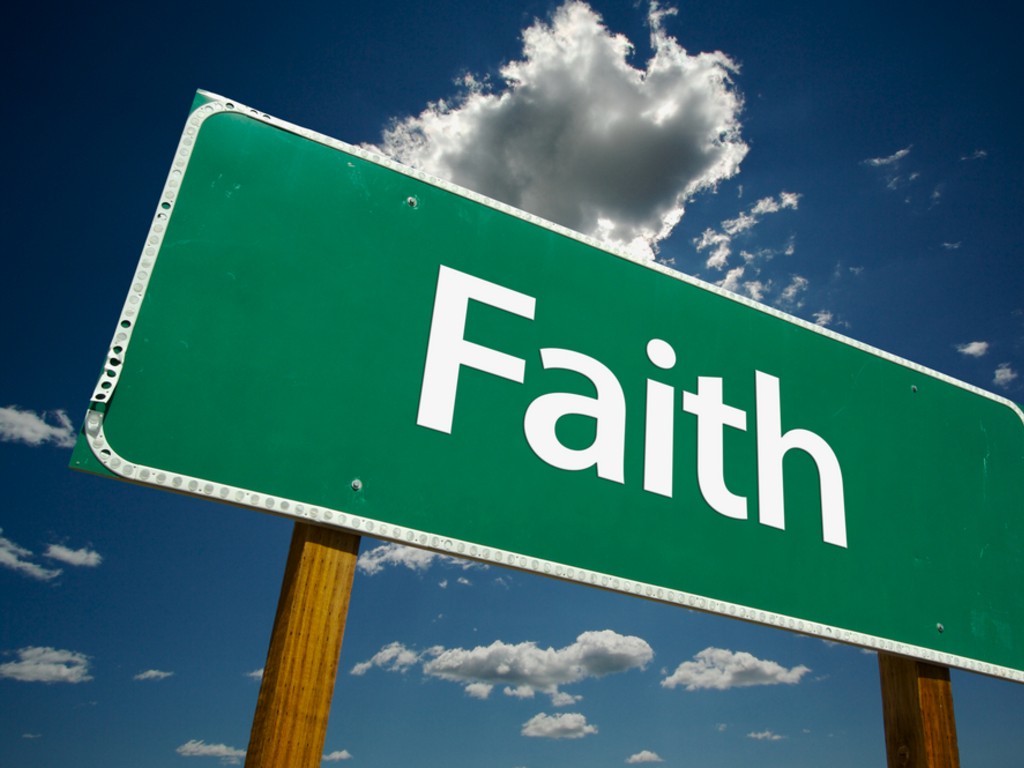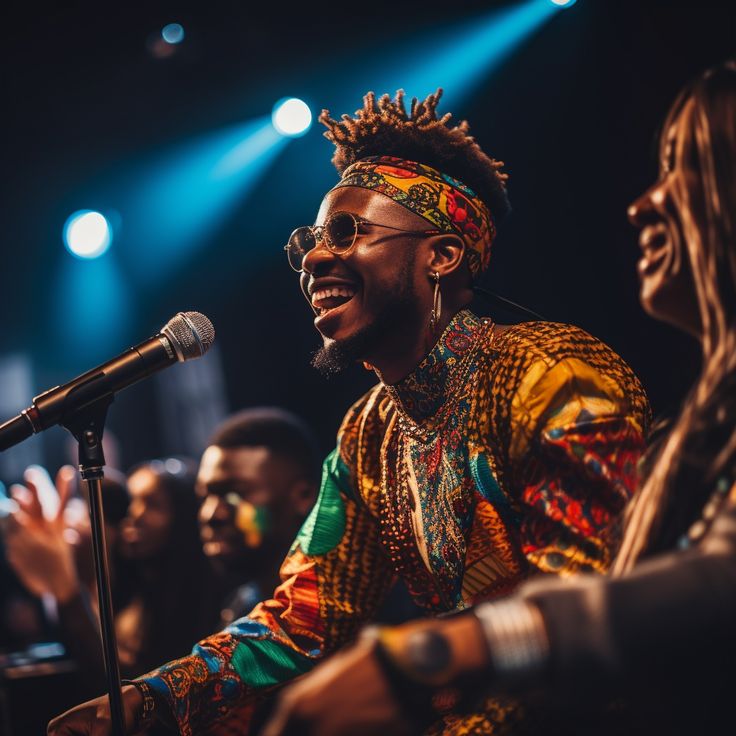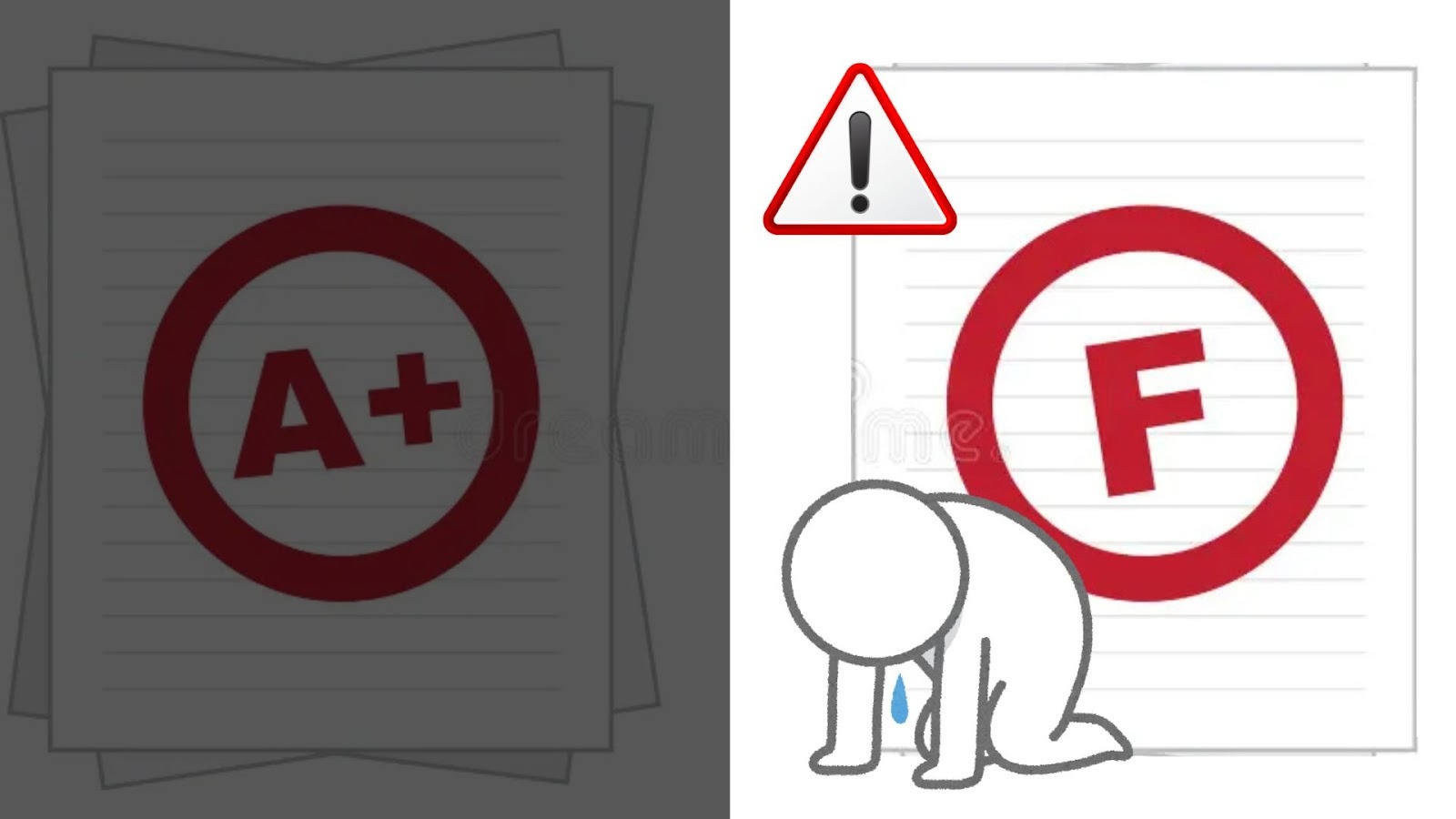Beats of Faith: The Silent Battle Between Gospel, Islamic Nasheeds, and Secular Music in Africa

Introduction
Africa does not just listen to music, it breathes it. From ancient drum circles in West Africa to the haunting call of the muezzin in North Africa, from gospel choirs in Nigeria to pulsating Amapiano beats in Johannesburg clubs, music defines Africa’s soul. Yet beneath the beauty of rhythm and melody, a quiet battle rages and the morality of it all: the rivalry between religious music, Christian gospel and Islamic nasheeds, and the secular juggernaut of Afrobeat, Amapiano, Highlife, and Pop.
This is not a war fought with weapons but with lyrics, melodies, and worldviews. Religious musicians often brand secular sounds as “worldly distractions,” while secular artists dismiss religious tracks as lacking global appeal. But young Africans, the largest youth population in the world, live at the intersection. They stream Sinach’s Way Maker one day, then dance to Burna Boy’s Last Last the next.
So, the question becomes: is this battle pulling Africa apart, or could there be a bridge where faith and entertainment meet?
The Roots of Religious Music in Africa
Religion and music in Africa are twins of history. Christianity brought hymns to Africa through colonial missions, but Africans transformed them into gospel rhythms with local instruments and languages. From Nigeria’s Tope Alabi blending Yoruba folklore into gospel, to Sinach’s global anthem Way Maker, African gospel has become both a spiritual tool and a cultural export.
Meanwhile, Islam’s spread across North, West, and East Africa carried nasheeds, devotional songs rooted in Arabic poetry and Qur’anic recitation. In Senegal, the Mouride brotherhood uses chants to inspire followers. In Somalia, nasheeds are broadcast on radio as moral reminders. Unlike gospel, nasheeds often reject instruments, relying on the purity of the voice to inspire devotion.
In both religions, music is more than art, it is worship, discipline, and identity. It was never meant for entertainment, but for connecting believers to God. Yet in modern Africa, that purpose is being challenged.
Secular Music’s Rise and Global Export
While religious music is shaping worship halls and mosques, secular music is building Africa’s cultural export. From Ghana’s Highlife to Nigeria’s Afrobeat, from Tanzania’s Bongo Flava to South Africa’s Amapiano, secular sounds became the heartbeat of the continent’s youth.
Artists like Burna Boy, Wizkid, and Davido dominate global charts, winning Grammys and headlining festivals. Their lyrics may speak of love, struggle, or street survival, but their soundtracks now define Africa in the global imagination. In 2023 alone, Afrobeats surpassed 13 billion streams on Spotify, numbers no gospel or nasheed artist has come close to.
For young Africans, secular music often feels like freedom, unfiltered, expressive, and global. Gospel and nasheeds are tied to rules and traditions, while secular beats open space for dance, protest, and celebration. But this popularity has put secular music on a collision course with religion.
The Silent Rivalry
The rivalry is not always open, but it is everywhere. Gospel and nasheed artists call secular music “immoral,” warning that its obsession with alcohol, sex, and wealth corrupts youth. Secular musicians hit back, arguing that gospel is repetitive, rigid, and lacks creativity.
Yet the real battlefield is not between artists but in the lives of audiences. A young Nigerian might sing passionately in a gospel choir on Sunday morning, only to dance at a Davido concert by evening. A Tanzanian teenager might listen to nasheeds during Ramadan, but switch to Bongo Flava once Eid ends.
Case Studies:
Nigeria: Afrobeat has exploded globally, but gospel remains the foundation of church life.There has been notions and complaints that radio stations rarely play gospel outside Sunday mornings.
Tanzania: With a Muslim majority, nasheeds remain culturally important. But artists like Diamond Platnumz dominate airwaves, raising concerns from conservative clerics.
South Africa: The Soweto Gospel Choir wins Grammys, but Amapiano now defines the nation’s nightlife. The Gospel remains respected but feels overshadowed.
The silent war is real, but its lines are blurred. The same youth that listens to gospel also drives Afrobeat streams. The conflict, then, may not be about music itself but about what music represents.
Crossovers and Cultural Bridges
Despite the rivalry, bridges exist. Many African secular artists started in church choir before they began secular music. Although some still maintained religious connections, they have incredibly thrived in mainstream spaces of Africa's music industry.
Some gospel artists borrow beats from secular genres to reach youth. Contemporary Nigerian gospel often borrows from Afrobeat and Highlife, while Islamic nasheeds in East Africa sometimes adopt pop rhythms.
And then there are conscious secular tracks. Burna Boy’s Another Story critiques colonialism. Sauti Sol’s Kuliko Jana has gospel undertones. These show that music does not always need to choose between sacred and secular.
Such crossovers suggest that the rivalry is not fixed, it can be transformed into dialogue.
The Deeper Question: Music as Identity or Battlefield?
The African narrative thrives on questioning, and the big question here is: must religious and secular music be rivals, or are they complementary?
In Africa, music is not just sound, it is identity, it's a sign of morality and faith is judged with it. So for many, gospel and nasheeds protect their morality, reminding individuals in these communities of faith. For others, secular music expresses the realities of poverty, politics, and love. Both are authentic to African life.

The rivalry may actually be a reflection of Africa’s broader struggle: tradition versus modernity, spirituality versus global consumerism. Instead of seeing them as enemies, can we see them as two voices telling the same African story from different angles? As the facts is clear, both have come to stay on the African continent.
What This Means for Africa’s Future
As Africa’s youth population grows, the question of music’s role will only intensify. Will churches and mosques keep labeling secular sounds as sinful? Or maybe some are sinful and others are for entertainment. Will secular musicians continue to ignore spirituality, or will they integrate it?
Africa must decide whether to deepen divides or build bridges. What is clear is that both religious and secular music are part of Africa’s soft power, one shaping morality, the other shaping global recognition. Together, they could tell the full African story.
The hustle between gospel, nasheeds, and secular music is not about winners or losers, it is about meaning. Africa does not need to choose between beats of faith and beats of freedom. Instead, it must learn to listen to both.
The silent war can become a dialogue if audiences, artists, and faith leaders embrace music as more than rivalry. After all, Africa’s strength has always been in its rhythm—and that rhythm has room for both devotion and dance.
You may also like...
When Sacred Calendars Align: What a Rare Religious Overlap Can Teach Us

As Lent, Ramadan, and the Lunar calendar converge in February 2026, this short piece explores religious tolerance, commu...
Arsenal Under Fire: Arteta Defiantly Rejects 'Bottlers' Label Amid Title Race Nerves!

Mikel Arteta vehemently denies accusations of Arsenal being "bottlers" following a stumble against Wolves, which handed ...
Sensational Transfer Buzz: Casemiro Linked with Messi or Ronaldo Reunion Post-Man Utd Exit!

The latest transfer window sees major shifts as Manchester United's Casemiro draws interest from Inter Miami and Al Nass...
WBD Deal Heats Up: Netflix Co-CEO Fights for Takeover Amid DOJ Approval Claims!

Netflix co-CEO Ted Sarandos is vigorously advocating for the company's $83 billion acquisition of Warner Bros. Discovery...
KPop Demon Hunters' Stars and Songwriters Celebrate Lunar New Year Success!

Brooks Brothers and Gold House celebrated Lunar New Year with a celebrity-filled dinner in Beverly Hills, featuring rema...
Life-Saving Breakthrough: New US-Backed HIV Injection to Reach Thousands in Zimbabwe

The United States is backing a new twice-yearly HIV prevention injection, lenacapavir (LEN), for 271,000 people in Zimba...
OpenAI's Moral Crossroads: Nearly Tipped Off Police About School Shooter Threat Months Ago
ChatGPT-maker OpenAI disclosed it had identified Jesse Van Rootselaar's account for violent activities last year, prior ...
MTN Nigeria's Market Soars: Stock Hits Record High Post $6.2B Deal

MTN Nigeria's shares surged to a record high following MTN Group's $6.2 billion acquisition of IHS Towers. This strategi...






